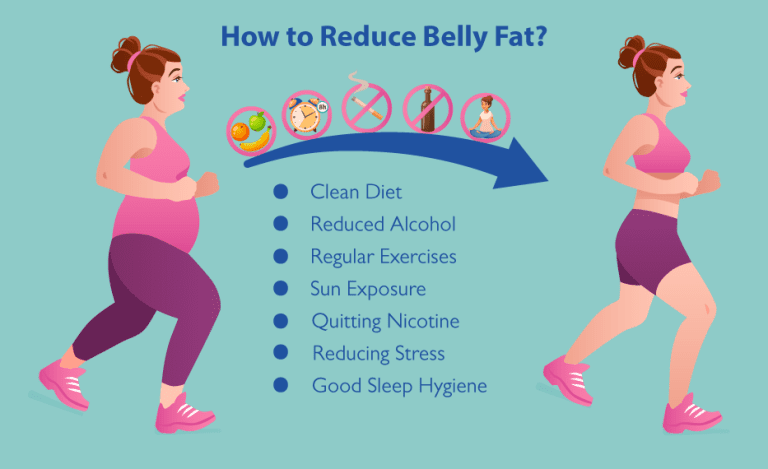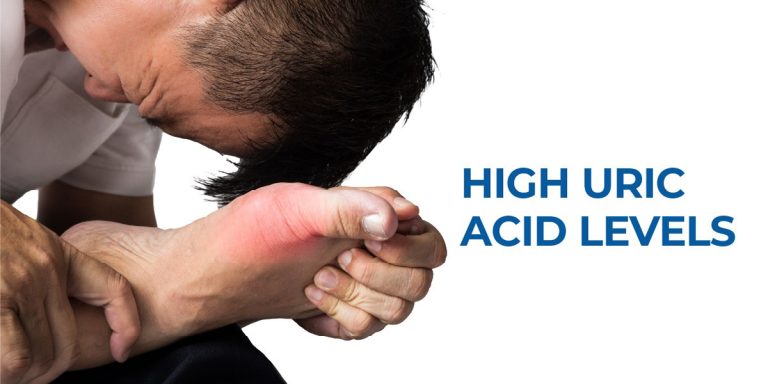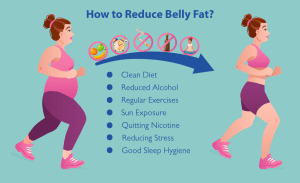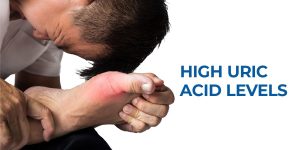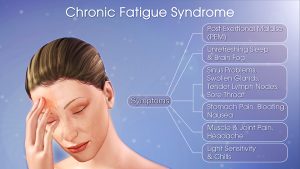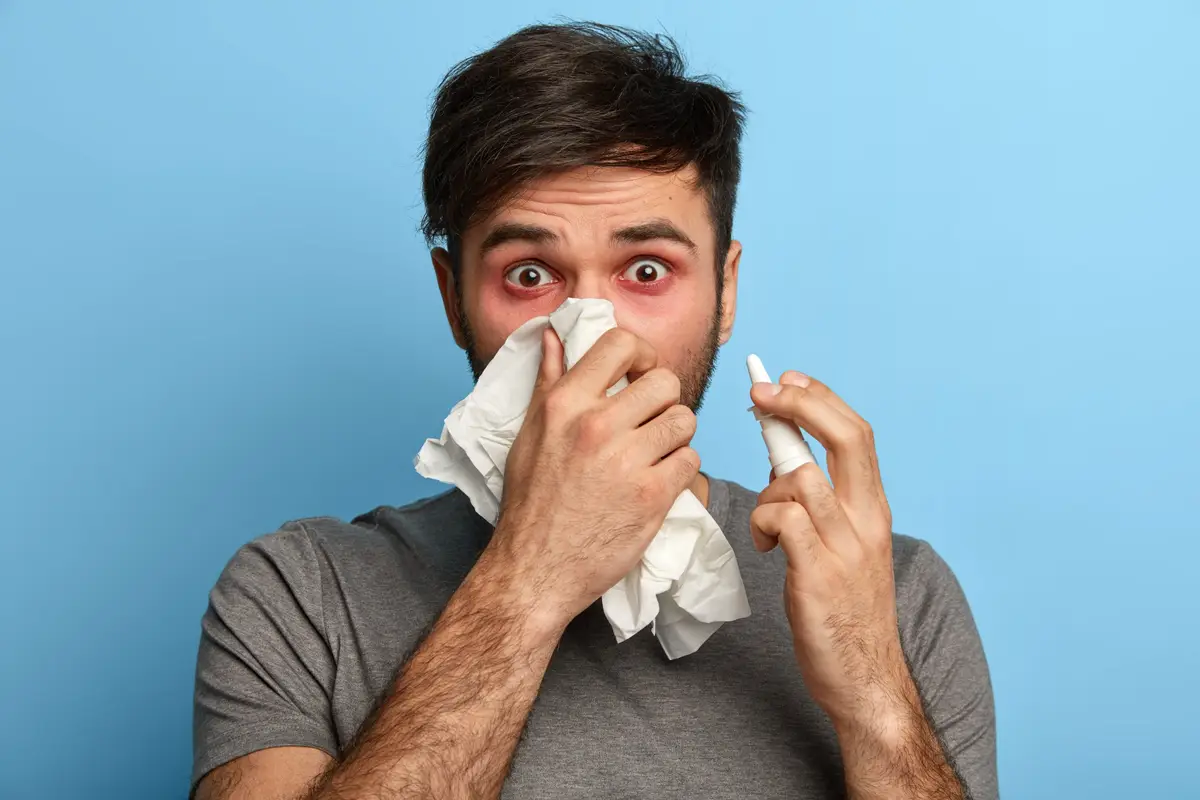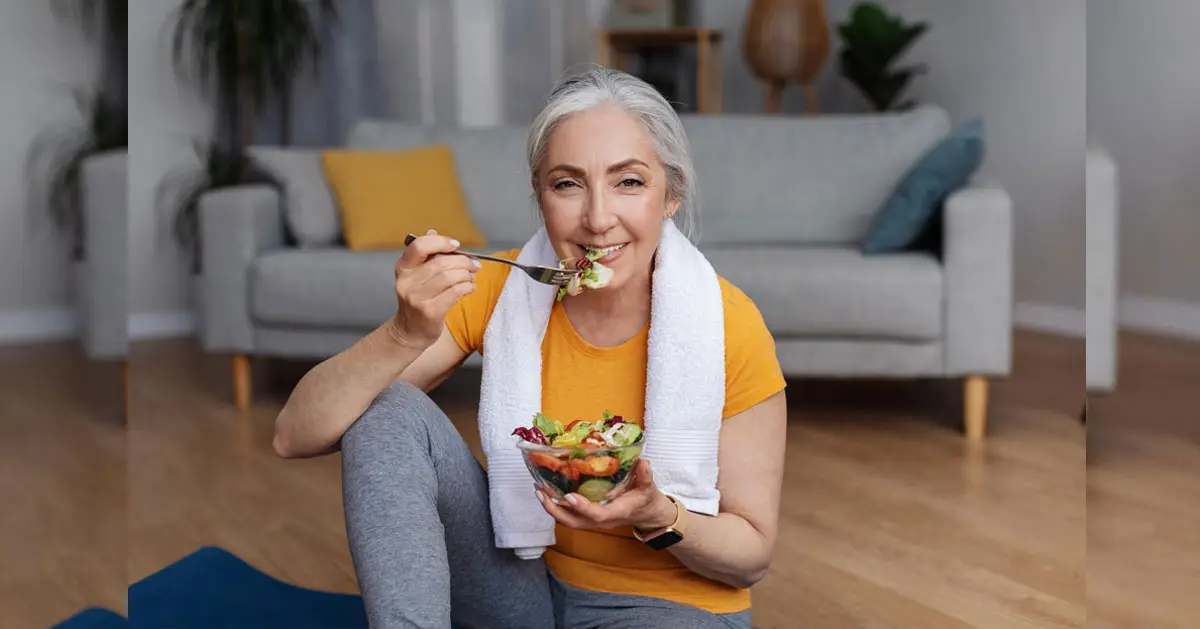Acne: How To Take Care
Acne is a common skin condition that can affect people of all ages. It is caused by bacteria, hormones, and overactive oil glands in the skin. While it is often associated with teenagers, adults can also suffer from acne breakouts. Taking care of your skin is an important step in keeping acne under control. There are various treatments available to help clear up existing pimples and prevent future breakouts. In this post, we will discuss different acne types and some of the most effective ways to take care of your skin. If you have acne and how identify any underlying causes that could be making your acne worse?
What is acne?
Acne is a very common skin condition that can affect people of all ages. It is characterized by the presence of pimples, blackheads, whiteheads, and other blemishes on the skin. Acne occurs when the pores of the skin become blocked with oil, dead skin cells, or bacteria. This can lead to inflammation and redness. Treatment for acne often includes the use of topical medications, such as benzoyl peroxide or retinoids. In severe cases, oral antibiotics or isotretinoin may be necessary.
Different Acne Types
Acne is a skin condition that can be caused by many different factors. There are four main different acne types:

- Blackheads: These are small, dark spots on the skin that can be caused by dead skin cells and excess oil clogging the pores.
- Whiteheads: These are small, white bumps on the skin that are caused by blocked pores.
- Papules: These are red, inflamed bumps on the skin that can be painful and sometimes fill with pus.
- Pustules: These are similar to papules but have a white or yellow head filled with pus.
Causes of acne
Acne is a skin condition that is caused by the overproduction of oil from the sebaceous glands. When this happens, the pores of the skin become clogged and bacteria begin to grow. Acne can be caused by a variety of factors, including hormones, diet, medications, and stress.
How to prevent acne
Acne is a common skin condition that can be unsightly and frustrating. There are many myths about what causes acne and how to prevent it, but the truth is that there is no one-size-fits-all solution. However, there are some general tips that can help you reduce your risk of developing acne or making it worse.
- Wash your face twice a day with a mild cleanser. Avoid scrubbing or using harsh soaps, which can irritate your skin and make acne worse.
- Keep your hair clean and off your face. Oils from your hair can clog pores and contribute to breakouts.
- Don’t pick or squeeze your pimples. This can lead to scarring and make acne worse.
- Shower after working out or sweating to remove any sweat or bacteria from your skin.
- Wear loose, breathable clothing to avoid trapping sweat and bacteria on your skin.
- Avoid touching your face throughout the day. Your hands are full of dirt and bacteria that can clog pores and cause breakouts.
How to treat acne
There are many different ways to treat acne, and the best method for you may vary depending on the severity of your acne and your preferences.
One popular way to treat acne is through the use of over-the-counter (OTC) treatments. These treatments are typically topical medications that you apply directly to your skin.
If your acne is more severe, you may need to see a dermatologist for prescription medication.
In addition to medication, there are also several lifestyle changes you can make to help clear up your acne. These include washing your face twice daily with a gentle cleanser, avoiding touching or picking at your skin, and managing stress levels.
Dietary changes
Poor diet is often a major contributing factor to acne. Foods that are high in refined sugar, unhealthy fats, and processed ingredients can cause inflammation and lead to breakouts. To help control acne, it’s important to eat a healthy diet that’s rich in whole foods like fruits, vegetables, and healthy fats.
Cutting out processed foods, sugary drinks, and excessive dairy can make a big difference in your skin health. Adding more omega-3 fatty acids, zinc-rich foods, and probiotics can also be helpful. For some people with acne-prone skin, certain food allergies or sensitivities may be to blame. Keeping a food diary can help you pinpoint any problem foods that may be triggering your breakouts.
When to see a doctor
If dietary and lifestyle changes aren’t helping, it may be time to see a doctor. A dermatologist can help you find the right treatment for your acne and give you advice on how to manage it.
Conclusion
Eating a healthy diet is an important part of managing acne. Avoiding processed foods, sugary drinks, and unhealthy fats can help reduce inflammation and reduce breakouts. Eating plenty of anti-inflammatory foods like fruits, vegetables, and omega-3 fatty acids can also be beneficial. For some people with acne-prone skin, certain food allergies or sensitivities may be to blame – in this case, keeping a food diary can help identify any problem foods. When necessary medical




